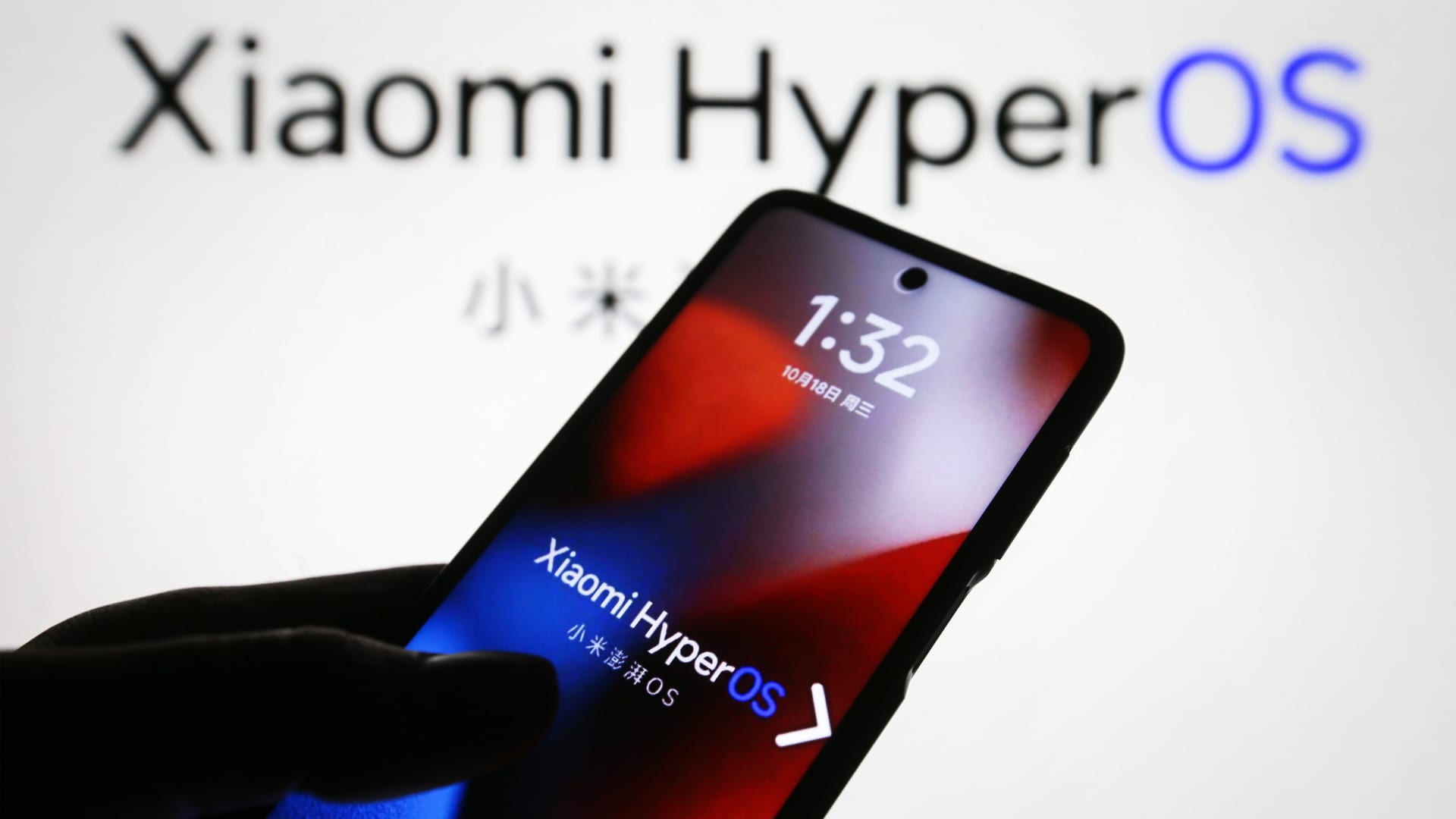BEIJING — Chinese smartphone and appliance maker Xiaomi announced late Thursday a new operating system — as it seeks to develop its ecosystem with the imminent release of its own car.
Xiaomi shares rose more than 1% in Hong Kong trade Friday morning, building on gains of more than 20% for the year so far.
The new system, called HyperOS, is set to reach consumers Oct. 31 when Xiaomi’s latest phones, wearables and TV sets begin sales in China.
“The system marks a pivotal move forward in Xiaomi’s strategic vision of delivering the ‘Human x Car x Home’ smart ecosystem,” the company said in a release.
CEO and founder Lei Jun said on Chinese social media Wednesday that Xiaomi would release its car in the first half of next year. He did not specify whether it would be electric.
Tech companies have long sought to build customer loyalty with operating systems, such as Apple‘s iOS and Google‘s Android.
Chinese telecommunications giant Huawei developed its own operating system, called HarmonyOS, in a bid to replace Android. The company makes its own suite of smartphones, laptops, tablets and television sets, while selling the software for electric cars manufactured by partners.
In late September, Huawei claimed its operating system had surpassed 60 million users.
Chinese electric car company Nio this fall also released its own smartphone, based on Android but customized for greater integration with its vehicles.
Xiaomi rose to fame for its affordable smartphones and MIUI user interface, based on open source Android.
The company said the core of its new HyperOS system is “formed by Linux and Xiaomi’s self-developed Xiaomi Vela system.” The press release’s only mention of Android was that HyperOS allows for “more stable frame rate and lower power consumption” compared to the stock version of Android.
Xiaomi also touted HyperOS’s processing speed and security, and listed a number of ways in which a smartphone, car and laptop could easily share content and access each other’s cameras on the new system.
In recent years, Xiaomi has grown its appliance and consumer electronics business to account for about 22% of overall revenue in the second quarter, versus just under 37% for smartphones.
On Thursday, the company released a 3,999 yuan ($546) smartphone as well as a 1,999 yuan washing machine and a 2,999 yuan refrigerator. Xiaomi has an app for letting customers remotely control appliance settings.
